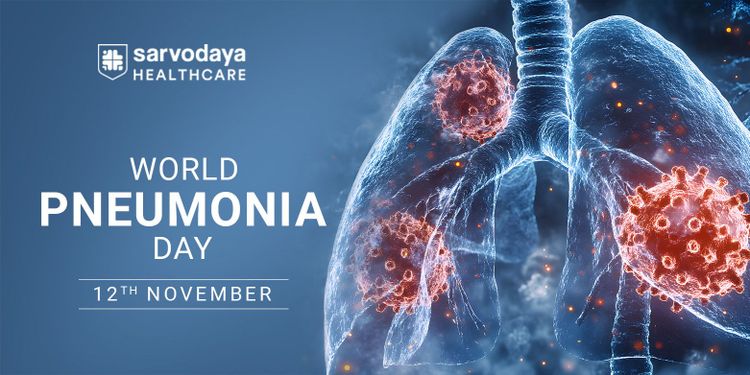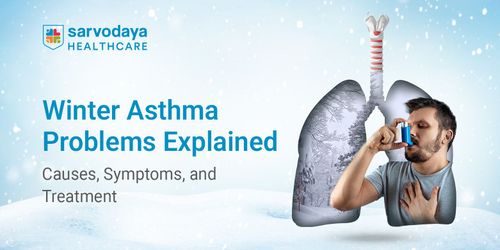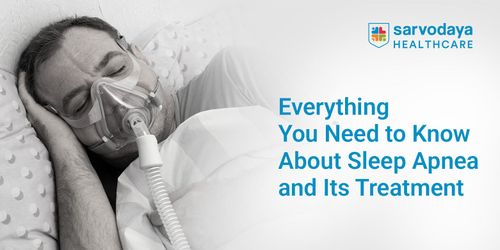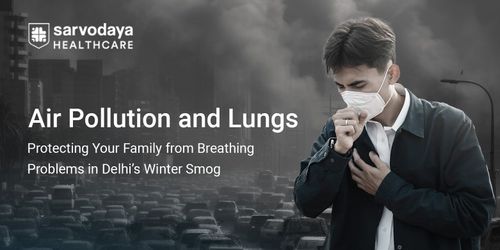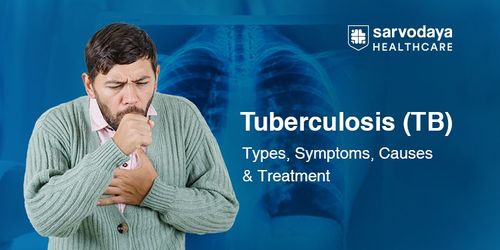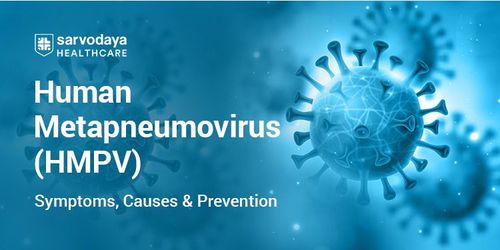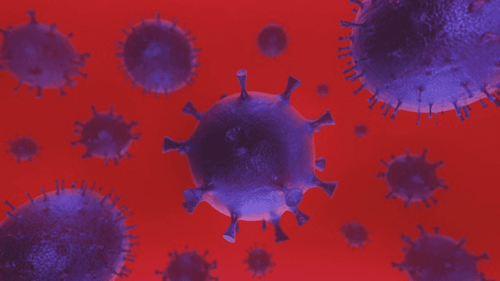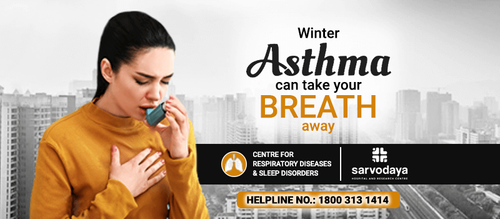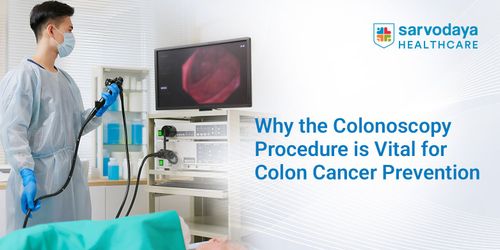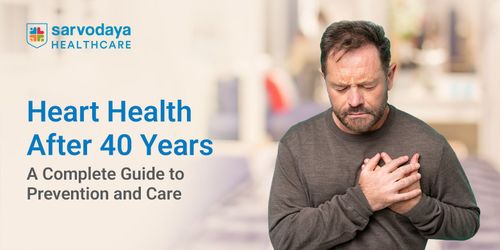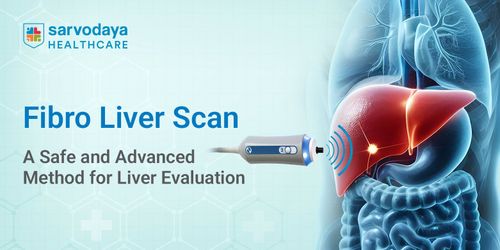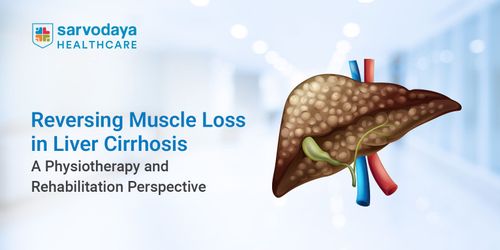Every year, millions of lives around the world are impacted by pneumonia. This preventable yet deadly respiratory infection continues to be one of the most significant causes of mortality among children and older adults. To address this global challenge, 12th November is celebrated as World Pneumonia Day, a time dedicated to spreading awareness, improving access to healthcare, and promoting preventive strategies that can save lives.
In this blog, we explore what is meant by pneumonia, the causes and symptoms associated with it, and the importance of awareness on World Pneumonia Day 2025.
Understanding Pneumonia
The pneumonia definition describes it as an infection that inflames the air sacs in one or both lungs. These air sacs may fill with fluid or pus, causing symptoms such as persistent cough, fever, chills, and difficulty in breathing. Pneumonia is a lung infection that can be caused by bacteria, viruses, or fungi, depending on the person’s health and immune system.
While pneumonia can affect anyone, it poses the greatest risk to:
- Infants and young children under five years of age
- Adults over sixty years old
- Individuals with chronic illnesses like asthma, diabetes, or heart disease
- People with weakened immune systems
The Global Impact of Pneumonia
Pneumonia remains one of the world’s leading infectious killers, despite being preventable and treatable. It is estimated that the disease claims well over two million lives every year, most of them being children under the age of five and elderly individuals. The impact is particularly severe in low- and middle-income countries, where access to timely healthcare and vaccination remains limited.
Globally, initiatives such as World Pneumonia Day serve as a reminder that collective efforts are crucial in saving lives. Health organisations, governments, and non-profits work together to spread awareness about vaccination, hygiene, and nutrition, all essential factors in reducing pneumonia deaths.
Significance of World Pneumonia Day 2025
World Pneumonia Day 2025 continues to serve as a global platform to unite communities, healthcare professionals, and policymakers in their mission to prevent pneumonia. It was first established in 2009 by the Global Coalition Against Child Pneumonia and is observed every year on 12th November. The day focuses on increasing public awareness, encouraging preventive care, and promoting access to treatment for those at risk.
The key goals of this observance include:
- Educating communities about early symptoms and preventive care
- Promoting vaccination drives against bacterial and viral causes
- Advocating for cleaner air and improved living conditions
- Supporting research and access to affordable medical treatment
Causes and Risk Factors of Pneumonia
Pneumonia develops when the lungs become infected, causing inflammation and fluid build-up that makes breathing difficult. The main cause of pneumonia is infection by bacteria such as Streptococcus pneumoniae. However, it can also be triggered by viruses like influenza or respiratory syncytial virus (RSV) and, in some cases, by fungi, especially in people with weakened immune systems.
Apart from infections, certain risk factors can make individuals more vulnerable to pneumonia.
These include:
- Chronic diseases such as asthma, heart disease, or diabetes
- Smoking and long-term exposure to air pollution
- Poor nutrition or weakened immunity
- Old age or very young age
- Living in overcrowded conditions with poor ventilation
Prevention of Pneumonia
Vaccination is one of the most effective tools in preventing bacterial and viral pneumonia. The pneumococcal and influenza vaccines are highly recommended, especially for children, the elderly, and people with chronic conditions.
Alongside vaccination, the following preventive practices play a vital role:
- Good Hygiene: Regular handwashing and covering the mouth while coughing or sneezing reduces the spread of germs.
- Healthy Lifestyle: Maintaining a balanced diet, regular exercise, and avoiding smoking strengthens the immune system.
- Clean Environment: Reducing air pollution and improving indoor ventilation supports better lung health.
- Prompt Medical Care: Seeking early diagnosis and treatment at the first sign of respiratory distress helps prevent complications.
Treatment and Management
Once diagnosed, pneumonia requires prompt and appropriate medical attention. Treatment depends on the cause and severity of the infection. In some cases, hospitalisation becomes necessary, especially for older adults, infants, or individuals with other health conditions.
The treatment process generally includes:
- Medication: Antibiotics, antivirals, or antifungal drugs as prescribed.
- Supportive Care: Rest, adequate hydration, and oxygen therapy if required.
- Monitoring: Regular follow-ups to ensure recovery and prevent recurrence.
Collective Action for a Pneumonia-Free World
Eliminating pneumonia as a major cause of death requires global collaboration.
Here are some key areas of focus for global action:
- Education and Awareness: Conducting information campaigns about pneumonia symptoms and prevention.
- Healthcare Accessibility: Ensuring that vaccines and medical care are affordable and available to all.
- Environmental Measures: Reducing air pollution and promoting clean energy solutions to improve air quality.
- Research and Innovation: Supporting new technologies and treatments to fight infectious respiratory diseases.
Conclusion
12th November is celebrated as World Pneumonia Day, a day that reminds us of the power of awareness and collective action. It encourages individuals and communities to take simple yet effective steps like vaccination, early diagnosis, and healthy living to keep pneumonia at bay.
At the heart of preventive and curative care, Sarvodaya Hospital, Faridabad, stands as a leading healthcare institution committed to promoting respiratory health. With its team of expert doctors, advanced diagnostic technology, and comprehensive treatment facilities, the hospital provides world-class care for patients suffering from respiratory infections like pneumonia. Whether it’s through treatment, vaccination, or a preventive consultation, Sarvodaya Hospital ensures that each patient receives personalised care designed for complete recovery and long-term well-being.
If you or your loved ones are showing symptoms of pneumonia or want to learn more about prevention, do not delay seeking medical advice. Take charge of your respiratory health and book an appointment now at Sarvodaya Hospital, Faridabad, to receive expert guidance and care from trusted professionals.


